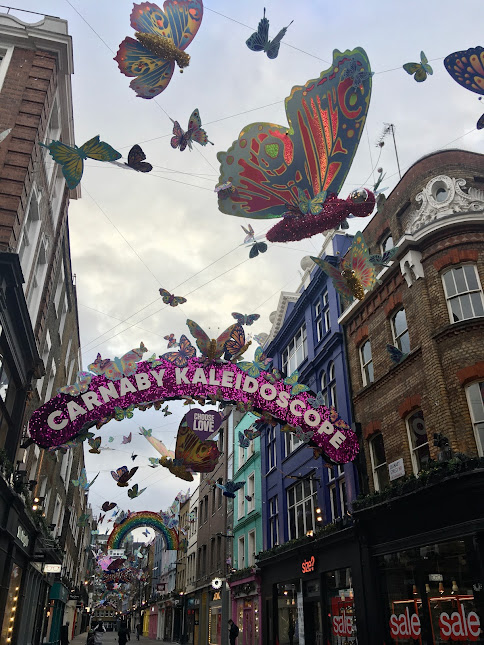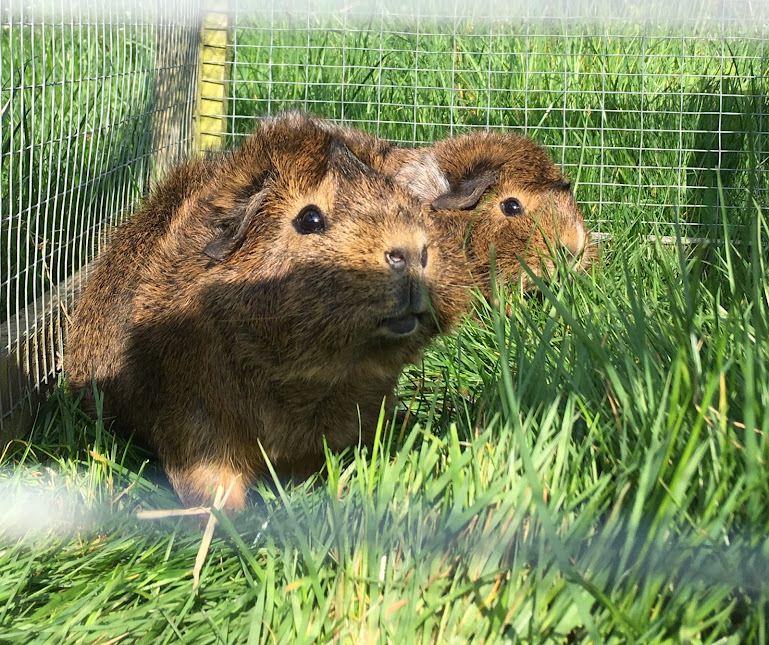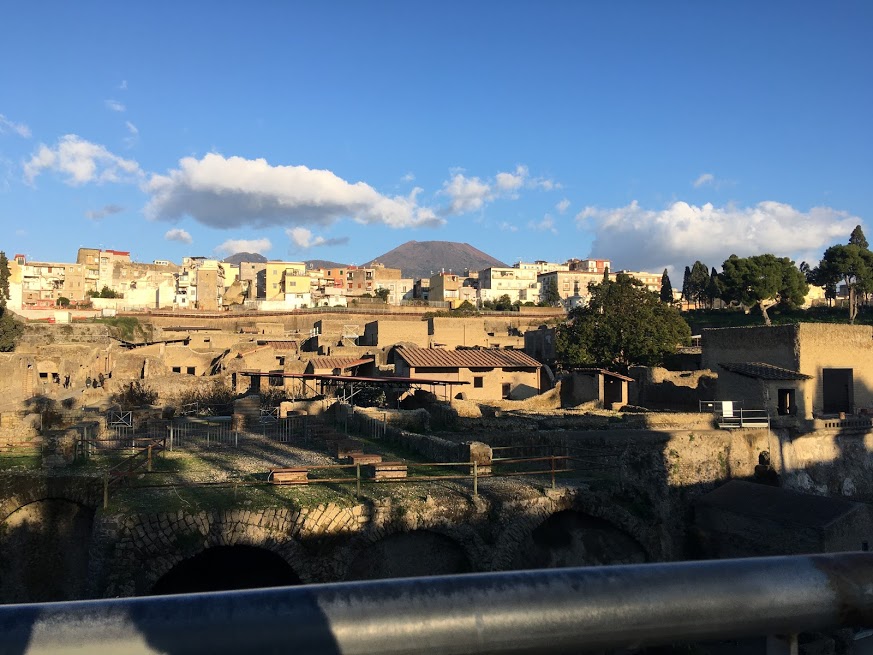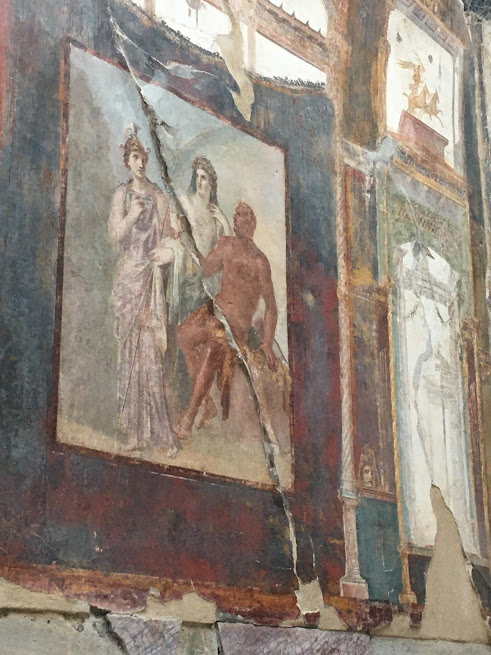My top ten books from the year again feature quite heavily from independent publishers and writers I know… mostly writers I met on Twitter. So that medium has something good going for it, although in the year to come, I will attempt to convert some of my scrolling time to reading time. Might get through a few more books that way, don’t you reckon?
Cajoncito by Elizabeth M. Castillo
Multilingual poet Castillo gifts us this volume of English and Spanish poems. When she writes about love and loss, it’s as if she’s peeled back layers to say things I didn’t know how to. Many of her thoughts use metaphors of ink and pages, which were beautiful and also motivating to me as a writer. Particularly the first piece, “Can I Send You My Poems?” is perfection.
“…Can I cleave
my way, breathless, across the seas? Can I scale
the mountains erected defiantly between us? Fight, bare-knuckled, the beasts that live at altitude?”
A Spool of Blue Thread by Anne Tyler
I love Anne Tyler’s family sagas. Her characters are always so real, so nuanced and quirky, and the dynamics between them so plausibly fraught, I am amazed at where she finds the inspiration to keep developing such individual ones. I like her straightforward, often humorous style, as well.
“But still, you know how it is when you’re missing a loved one. You try to turn every stranger into the person you were hoping for. You hear a certain piece of music and right away you tell yourself that he could have changed his clothing style, could have gained a ton of weight, could have acquired a car and then parked that car in front of another family’s house. ‘It’s him!’ you say. ‘He came! We knew he would; we always…’ But then you hear how pathetic you sound, and your words trail off into silence, and your heart breaks.”
A Snow Garden and Other Stories by Rachel Joyce
These short stories are somewhat festively themed, and they reflect the heartache and joy of the holidays. There’s a fun modern-day nativity story, the title piece is haunting, and the final story quite lovely—but my favourite was the first, “A Faraway Smell of Lemon,” which seemed sort of an homage to Raymond Carver’s “A Small, Good Thing” with its great, moving simplicity.
“Binny’s words echo in the silence. The young woman nods. And because she does not reply, because she does not fight Binny’s words, because she does not soften or dilute them with a sentence of her own, they fall for the first time. They land. Binny feels their weight, their loss, but the world does not stop or shudder. Yes, she is still standing. She is still breathing.”
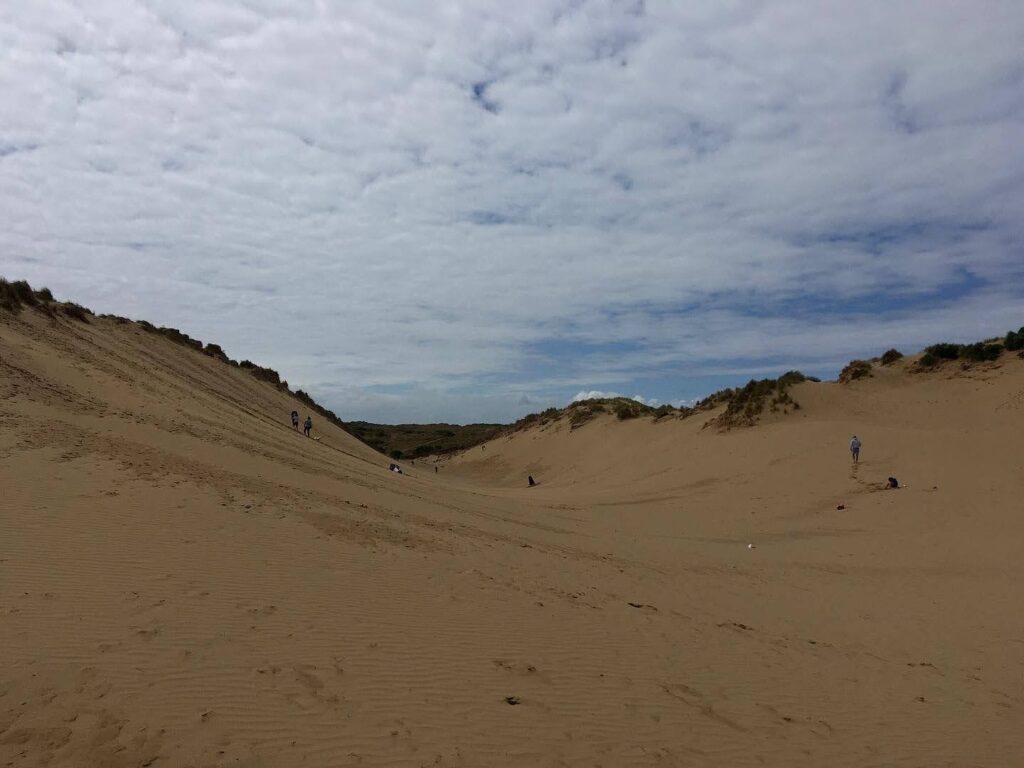
The Shadows We Cast by Sarah Tinsley
This is a real page-turner and a true feat of dramatic irony. As readers we know the twist from the start, and we’re desperate to know how the characters will work it out. It’s also an unflinching look at the aftermath of sexual assault, assigning the event its rightful significance while also developing the protagonist fully so she’s not at all defined by it. There’s so much to unpack in this book, I’ve reflected on it further here.
“Coming here should have made it better, a distraction from the dreams that left her blunt and smudged. She feels like an echo.”
The Salt Path by Raynor Winn
A travel memoir about dealing with tragedy by hiking the South West Coast Path, I may have particularly enjoyed it because I love that region anyway. I saved the book for when we were clifftop camping in North Devon, and thanks to Winn’s narrative, I found out about Braunton Burrows and we had a marvelous trek over the sand dunes. The book is candid and searching, but often also fun and irreverent.
“We hide ourselves so well, exposing our skin in youth when it has nothing to say, but the other skin, with the record of time and event, the truth of life, we rarely show.”
Piranesi by Susanna Clarke
The perfect read for cold January, this surreal, slightly gothic sort of mystery. I was tempted to start naming months in the way the protagonist takes to doing: The Month of Steadfastly Accumulating Tiredness, perhaps. But I don’t have the knack Clarke does. It’s an intriguing concept and so cleverly told.
“Perhaps even people you like and admire immensely can make you see the World in ways you would rather not.”
The History of Love by Nicole Krauss
You know I love a book about a book. Possession, Do Not Say We Have Nothing, and this novel by Krauss, are examples of a literary investigation which unfolds into a great personal journey. Here, there’s a book to be translated, and it brings together a girl grieving her father, and a holocaust survivor.
“Strange what the mind can do when the heart is giving directions.”

Miss, What Does Incomprehensible Mean? by Fran Hill
Fran Hill is a terrifically warm and funny writer, and here’s one volume of her diary-style memoir about teaching secondary school English. This is quite an accomplishment given that a teacher comes into contact with many, many characters. She’s artfully chosen which ones to follow, and tracks relationships efficiently. It’s such an enjoyable read, especially if you work in education.
(Of a Sixth Form English class preparing to read The Handmaid’s Tale) “Rebekah certainly knows her Bible stories. The others hadn’t a clue. Conor thought a Testament was a body part.”
Mrs. Narwhal’s Diary by S.J. Norbury
Another enriching, uplifting volume from indie publisher Louise Walters. This one’s in a diary style too, but much more novelesque, with in-depth looks into the protagonist and her family. The point-of-view is bemused and warm, often funny, and all the characters and the setting are so unique. I particularly liked the insights on parenting, and on trying to free a loved one from the clutches of repressed British genealogy.
“Why can’t we change other people? Why isn’t there some sort of antidote to their toxic beliefs that we can slip surreptitiously into their tea?”
Transcendent Kingdom by Yea Gyasi
This book has so much in it. It’s about families, neuroscience, race, religion, addiction, immigration… The characters were so relatable in their struggle for redemption and belonging, while the story illuminates wider issues of racial justice.
“I, too, have spent years creating my little moat of good deeds in an attempt to protect the castle of myself.”
Have you shared a love for any of these books? If you haven’t yet, there’s never a bad time to treat yourself. Enjoy!
